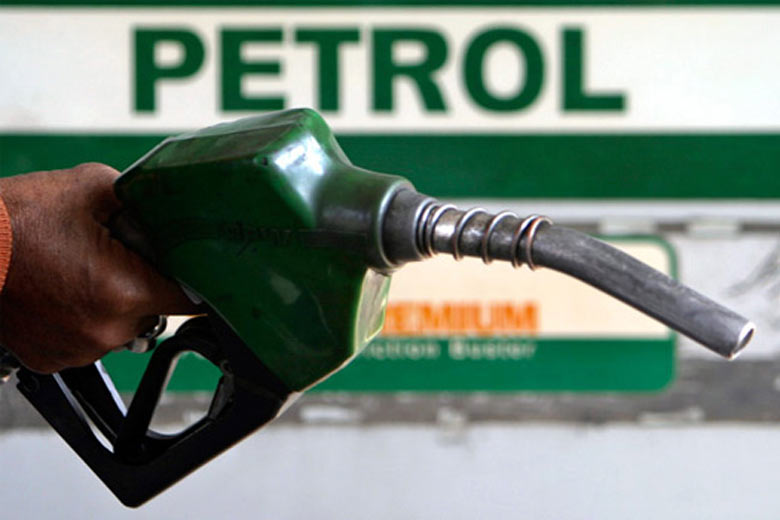Following insinuations that the subsidy on petrol will be removed after the first half of the year 2022, the National Economic Council (NEC) has stated that a decision is yet to be made on fuel subsidy removal.
It noted that deliberations are still ongoing on the matter and a conclusion will be drawn in June when the provision for its payment in the 2022 budget will be over.
After the NEC meeting presided over by the Vice President, Prof. Yemi Osinbajo on Thursday at the Presidential Villa in Abuja, the Governor of Edo State, Godwin Obaseki spoke with journalists.
Governor Obaseki explained that NEC has been discussing the fuel subsidy matter for over a year.
He hinted that a committee has been set up to look into the matter, adding that last year almost N2 trillion was spent on fuel subsidy.
“There was an ad hoc committee set up by NEC and headed by Gov. Nasir El-Rufai that included members of the executive arm of government and worked on recommendations as to what we should do about the cost of Premium Motor Spirit (PMS) locally.
“Because as you realise, as it has been told to us, the cost of PMS in Nigeria today is about N162 for a litre whereas every other country surrounding Nigeria is selling the product at more than 100 per cent of the cost in Nigeria.
“The country, as at last year, spent almost N2 trillion subsidising petroleum products. That is money that could have gone into building roads; money that could have gone into healthcare and education.
“When NEC looked at some of the analyses last year, it realised that less than one-third of the states of the country consumed two-third of the subsidy.
“So, for NEC, the argument has been put out; should we continue this regime of spending money that we do not have to subsidise the living standard of mostly those who have vehicles. NEC hasn’t come up with any decision yet. I think recommendations have also been made to the President. That is what I am aware of has transpired so far,” he said.
Also speaking, Nasarawa State Governor, Abdullahi Sule noted that the governors did not make any presentation on the issue since a conclusion has not been reached.
In his words, “We didn’t make any presentations on this because there has not been a decision. But in reality, all of us Nigerians know that there is now the Petroleum Industry Act.
“NNPC is now a limited liability company, so it will run differently. If the Minister of Finance provides for six months, you probably can understand part of the reason for provision of six months before NNPC fully takes off and at that moment, that’s when decisions will be made.
“But I want to make the correction that it is not governors who are making recommendations. It is actually a NEC committee, which comprises all the other people that are looking at this and no decision has been made and probably by the time a decision will be made, the Petroleum Industry Act has fully taken charge, and it will not require any recommendation from anybody.”

 Forex2 weeks ago
Forex2 weeks ago


 Naira1 week ago
Naira1 week ago
 Naira4 weeks ago
Naira4 weeks ago
 Company News4 weeks ago
Company News4 weeks ago
 Billionaire Watch1 week ago
Billionaire Watch1 week ago




 Naira2 weeks ago
Naira2 weeks ago




 Naira1 week ago
Naira1 week ago




 Naira3 weeks ago
Naira3 weeks ago
















